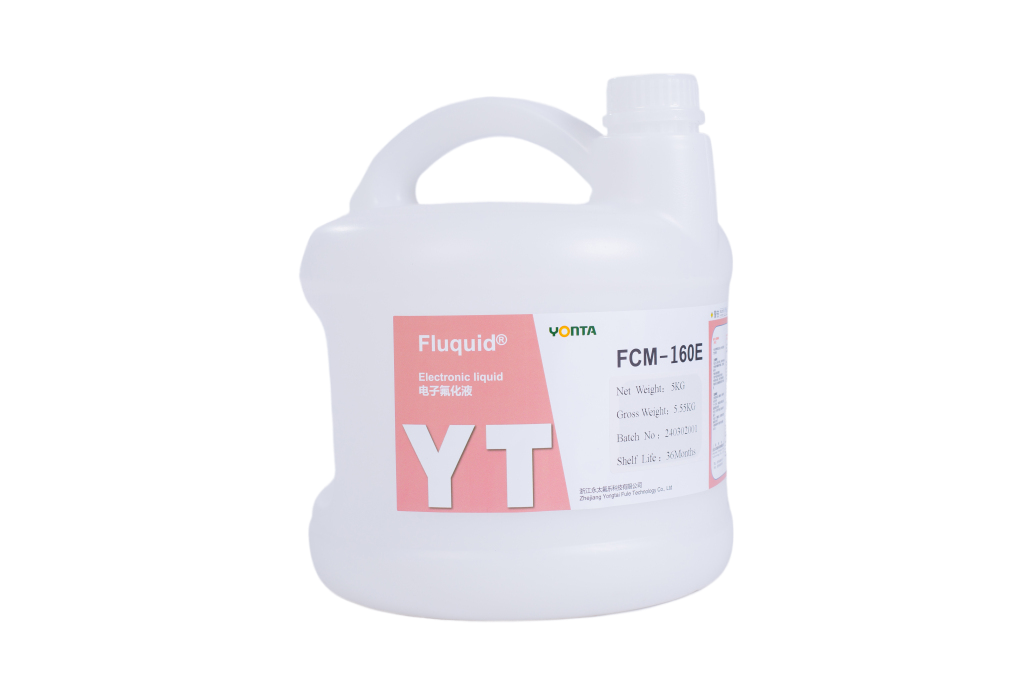Email format error
Email cannot be empty
Email already exists
6-20 characters(letters plus numbers only)
The password is inconsistent
Email format error
Email cannot be empty
Email does not exist
6-20 characters(letters plus numbers only)
The password is inconsistent


Understanding Temperature Control Fluid Export: A Key Component in Modern Industries
In today’s rapidly evolving industrial landscape, the importance of efficient temperature control cannot be overstated. Whether in manufacturing, food processing, or pharmaceuticals, maintaining the right temperature is crucial for product quality and operational efficiency. One vital element that plays a significant role in this process is temperature control fluid. This blog post will explore the ins and outs of temperature control fluid export, why it's essential, and how it impacts various sectors.
What is Temperature Control Fluid?
Temperature control fluids are specially formulated liquids designed to regulate temperature in different industrial processes. These fluids can either absorb or dissipate heat, ensuring that machinery and products remain within optimal temperature ranges. Common types of temperature control fluids include water, oils, and specially formulated heat transfer fluids.
Why Temperature Control is Critical
Temperature control is crucial for several reasons:
Quality Assurance: In many industries, maintaining the correct temperature is essential for ensuring product quality. For instance, in food processing, temperature fluctuations can lead to spoilage or loss of flavor and nutritional value.
Safety: Many industrial processes involve hazardous materials that can pose safety risks if not properly controlled. Temperature control fluids help manage these risks by keeping substances within safe temperature ranges.
Energy Efficiency: Proper temperature control can lead to significant energy savings. By maintaining optimal temperatures, industries can reduce energy consumption and costs.
Operational Efficiency: Equipment that operates within the correct temperature range tends to have a longer lifespan and requires less maintenance. This translates to increased efficiency and lower operational costs.

The Role of Temperature Control Fluid Export
With the growing global demand for temperature control fluids, the export of these fluids has become an essential aspect of international trade. Countries with advanced manufacturing capabilities often export temperature control fluids to meet the needs of various industries worldwide.
Key Considerations in Temperature Control Fluid Export
Quality Standards: Exporters must ensure that their temperature control fluids meet international quality standards. This often involves adhering to regulations set by organizations such as ASTM (American Society for Testing and Materials) and ISO (International Organization for Standardization).
Compatibility: Different industries may require specific types of fluids based on their processes. Understanding the compatibility of temperature control fluids with different systems is vital for successful export.
Market Demand: Exporters must stay attuned to market trends and demands. For example, the growing emphasis on environmentally friendly products has led to an increase in the demand for biodegradable temperature control fluids.
Logistics: The transportation of temperature control fluids requires careful planning. Factors such as temperature stability during transport, packaging, and delivery timelines are crucial to maintaining the integrity of the fluids.
Industries that Rely on Temperature Control Fluid Export
1. Manufacturing
The manufacturing sector relies heavily on temperature control fluids to maintain the integrity of machinery and products. In processes such as metalworking and plastics manufacturing, precise temperature control is critical to achieving desired results. The export of temperature control fluids allows manufacturers to operate efficiently, regardless of geographical location.
2. Pharmaceuticals
In the pharmaceutical industry, temperature control is a matter of safety and efficacy. Many medications and vaccines require strict temperature regulations during production and storage. Exporting temperature control fluids that comply with industry standards ensures that these products are safely managed throughout their lifecycle.
3. Food and Beverage
Temperature control is vital in the food and beverage industry, where products must be kept at specific temperatures to prevent spoilage and ensure quality. Exporting temperature control fluids that meet the stringent regulations of different countries is crucial for international food trade.
4. Chemical Processing
Chemical processes often involve exothermic or endothermic reactions, making temperature control fluids indispensable. The export of specialized fluids designed for these processes helps chemical manufacturers maintain safety and efficiency.
Challenges in Temperature Control Fluid Export
While the export of temperature control fluids is essential, it is not without challenges. Some common issues include:
Regulatory Compliance: Navigating the regulatory landscape can be complex, as different countries have varying standards for temperature control fluids.
Cultural Differences: Understanding the unique needs and preferences of different markets is crucial for successful export.
Environmental Concerns: Increasing scrutiny on environmental impact means that exporters must consider eco-friendly options and sustainable practices.
Innovations in Temperature Control Fluids
As industries continue to evolve, so do temperature control fluids. Recent innovations include:
Biodegradable Fluids: The push for sustainability has led to the development of biodegradable temperature control fluids that minimize environmental impact.
Advanced Monitoring Systems: Modern technology allows for real-time monitoring of temperature control fluids, providing valuable data that can improve efficiency and safety.
Smart Fluids: Research is underway to create temperature control fluids that can adapt to changing conditions automatically, offering unprecedented control over industrial processes.
Conclusion
The export of temperature control fluids plays a crucial role in numerous industries, from manufacturing to pharmaceuticals. As global demand continues to rise, understanding the complexities and importance of temperature control fluid export will be essential for businesses looking to thrive in an interconnected world. By prioritizing quality, compliance, and innovation, exporters can ensure that they meet the needs of their customers while contributing to safer and more efficient industrial practices.
In a world where precision and safety are paramount, the role of temperature control fluids will only become more significant. Whether you’re involved in manufacturing, food processing, or pharmaceuticals, recognizing the importance of these fluids is essential for maintaining quality and efficiency in your operations. So, next time you think about temperature control, remember the vital role that temperature control fluid export plays in keeping industries running smoothly!
